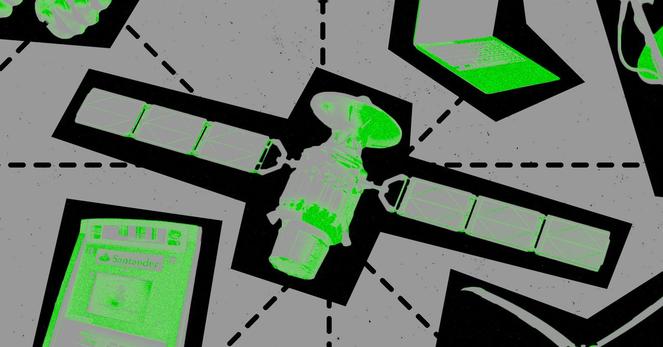Sensitive Satellite Internet Data Is Easily Accessible, If You Know Where to Look
At Black Hat, an Oxford University student outlines how his team intercepted unencrypted satellite internet data across a 'massive attack area' from government agencies, major shipping companies, Greek billionaires, and more.
from only a CURSORY look at that article you posted, and the one posted by greenberg..
i would say this is the major difference, tho both studies came to similar conclusions:
the Oxford team focused on 18 satellites, and what they were broadcasting,
while this new study has used a satellite dish to pick up ANY communications from transmitting satellites that were passing over their dish
*this is just my own assumption - feel free to correct me if i'm wrong
@rustoleumlove
Nope. The article says this new research was also targeting geosynchronous satellites.
"[...] communications of geosynchronous satellites in the small band of space visible from their Southern California vantage point. By simply pointing their dish at different satellites [...]"


